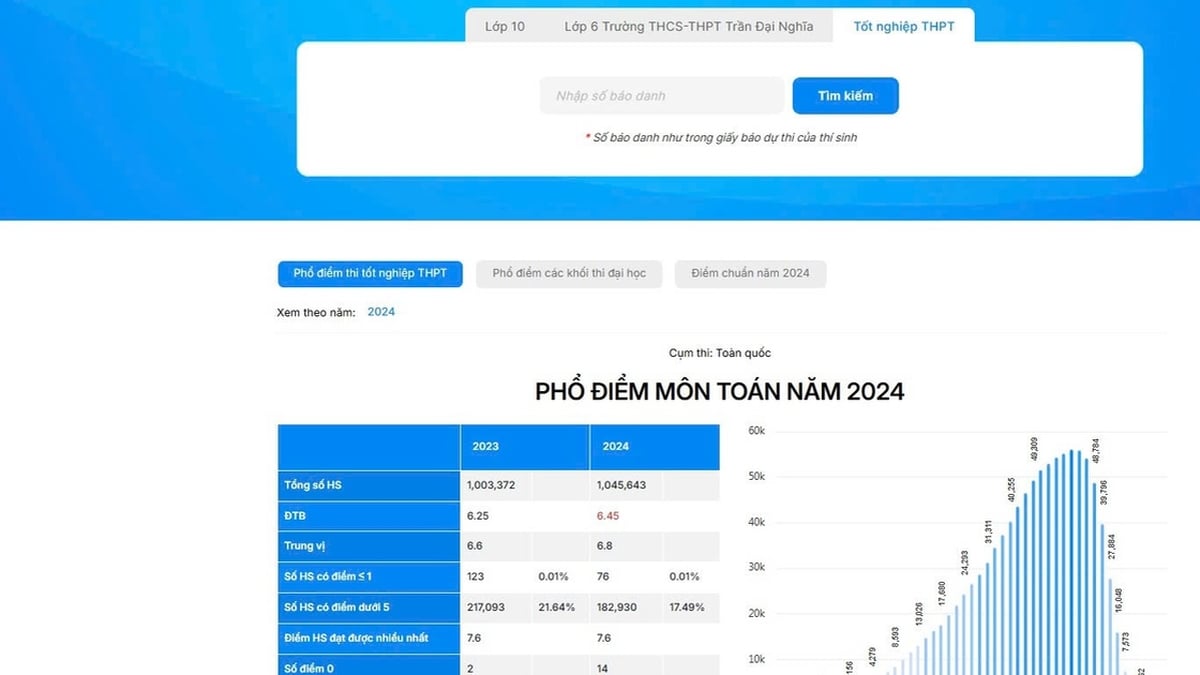Consumer finance companies are gradually recovering thanks to bad debt settlement and a stable business environment. It is forecasted that by 2025, loan demand will increase again but still face macro risks affecting profit growth.
Clear signs of recovery
Despite many challenges, experts say the economy is gradually recovering, leading to an increase in consumer demand and personal credit. The GDP growth target of 8% or more in 2025 is expected to create a favorable foundation for consumer finance, as employment and income improve.
Monetary and fiscal policies continue to be loosened, notably Circular 12/2024 allowing loans under VND100 million without a feasible capital use plan – expanding access to credit for people. Consumer finance companies are expected to benefit greatly from this trend.
MBS forecasts that consumer credit will improve thanks to economic growth and improved household income. Similarly, Shinhanbank also highly appreciates the consumer finance outlook in 2025 thanks to support policies and recovering loan demand.
In fact, many financial companies have accelerated again. HD Saison targets pre-tax profit of VND1,500 billion in 2025; EVNFinance targets VND960 billion, up 36%, with the retail segment contributing about 35%. VPBank targets consolidated profit of VND25,270 billion, of which FE Credit expects to earn VND1,126 billion, more than double last year.
Since 2024, many businesses have recorded clear signs of recovery. HD Saison achieved VND 1,200 billion in pre-tax profit, up nearly 84%; the first quarter of 2025 continued to record a growth rate of 18.6% over the same period.
FE Credit also reported a profit of nearly VND515 billion in 2024 after successful restructuring, while Home Credit's after-tax profit was VND1,291 billion - 3.4 times higher than in 2023, with bad debt falling sharply to 1.76%. EVNFinance closed 2024 with a profit increase of more than 70%, showing a strong breakthrough in the consumer finance group.

Risks still lurk
Although the consumer finance market in Vietnam remains attractive with a total outstanding consumer debt of VND2.8 million billion (accounting for 20% of the total outstanding debt of the entire economy), the picture is still gray. Of which, banks account for 94% of outstanding debt, while consumer finance companies account for only 4.8% with VND139,000 billion, showing a large imbalance in market share.
With expectations of boosting credit growth by 16% this year, banks and financial companies are trying to stimulate consumer demand amid signs of improvement in the macro environment. However, according to VIS Rating, macro risks, especially the US tariff hike, could overshadow the industry outlook in the next 12–18 months.
Experts warn that the increase in import tariffs could affect consumers’ income and ability to repay debts. Faced with that risk, many companies such as FE Credit, Mirae Asset and Shinhan Finance are shifting to less risky segments such as lending for motorbikes and consumer goods, through cooperation with retail systems.
Mcredit has proactively exploited third-party data such as that from the Ministry of Public Security to improve its appraisal capabilities and detect fraud early. Some companies have also tightened credit standards, shortened loan terms, reduced loan sizes, restricted cash lending, and adjusted card products to better align with consumer demand.
Although industry-wide profits are forecast to improve slightly this year thanks to high net interest margins (NIM) from consumer lending, businesses focusing on cash and credit cards such as Mcredit, FE Credit or SHBFinance are at risk of facing increased credit costs due to higher asset risks.
To adapt, companies are stepping up digitalization, partnering with e-wallets, e-commerce platforms, and retailers to reduce costs and expand access. SHBFinance, for example, is rolling out on-site services to traditional markets and rural areas where financial services are limited – and is seeing a 7% increase in the number of individual business customers by 2024.
In the difficult context, support from major shareholders, especially parent banks, continues to be an important support for financial companies to strengthen capital and liquidity capacity, thereby responding to potential macroeconomic fluctuations ahead.
Source: https://baolamdong.vn/tai-chinh-tieu-dung-chuyen-minh-sang-chu-ky-moi-thach-thuc-chua-buong-tha-382245.html










![[Infographics] - Some new regulations on disciplinary action against officials and civil servants](https://vphoto.vietnam.vn/thumb/1200x675/vietnam/resource/IMAGE/2025/7/14/4a2ea9dce8ec43e2847b72421bc0e06a)

























































































Comment (0)